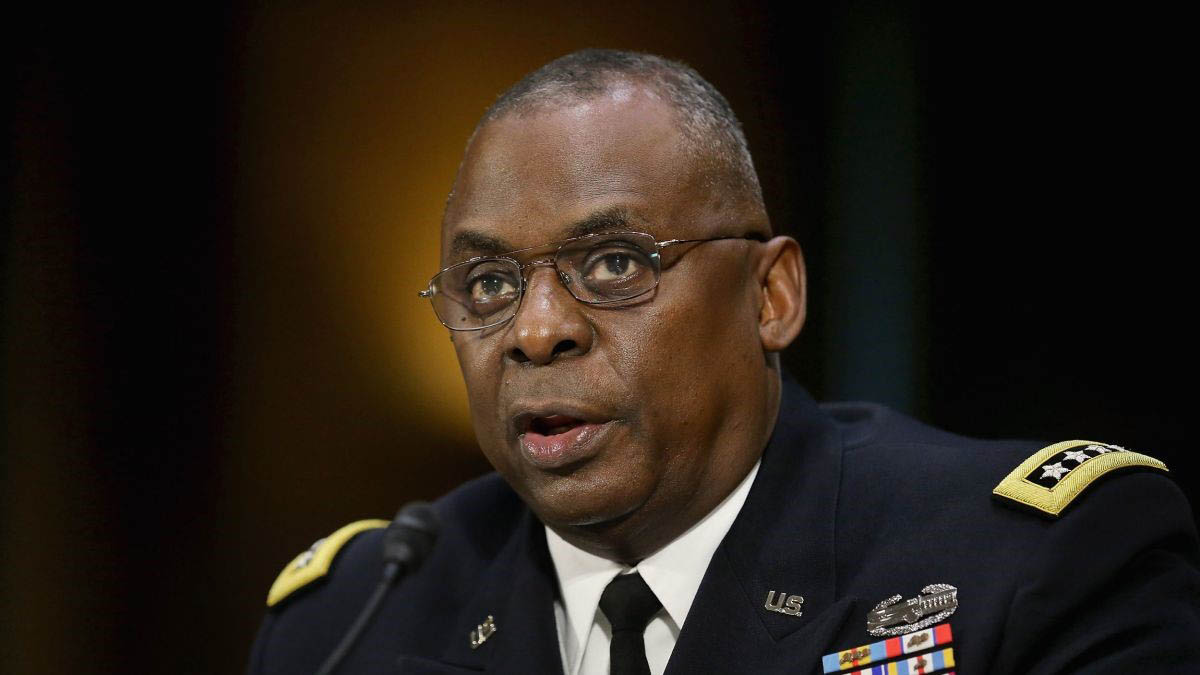KYIV/BRUSSELS, (Reuters) – Ukraine’s allies on Wednesday announced delivery of new air defences and committed more military aid to Kyiv after intense Russian missile strikes and in anticipation of fighting through a harsh winter.
More than 50 Western countries met in Brussels on the heels of heavy retaliatory strikes on Ukraine this week ordered by Russian President Vladimir Putin in response to an explosion on a bridge in Crimea.
Pledges from allies included an announcement by France that it would deliver radar and air defence systems to Ukraine in the coming weeks. Canada said it would provide artillery rounds and winter clothing among other supplies.
At the meeting of the Ukraine Defence Contact Group in Brussels, U.S. Defence Secretary Lloyd Austin said Russia’s latest attacks had laid bare its “malice and cruelty” since invading Ukraine on Feb. 24. At least 26 people have been killed since Monday in Russian missile attacks across Ukraine.
Ukraine had shifted momentum since September with extraordinary gains, but would need more help, he said.
“I expect that Ukraine will continue to do everything it can throughout the winter, to regain its territory and to be effective on the battlefield,” Austin told reporters.
“And we’re going to do everything we can to make sure that they have what’s required to be effective.”
A senior U.S. defence official said there was an “outpouring” of support to help Ukraine get through the winter fighting months.
Since Monday’s attacks, Germany has sent the first of four planned IRIS-T SLM air defence systems, while Washington said it would speed up delivery of a promised NASAMS air defence system.
“These victories belong to Ukraine’s brave soldiers. But the Contact Group’s security assistance, training, and sustainment efforts have been vital,” Austin said.
Ukrainian President Volodymyr Zelenskiy said the increased aid would strengthen the counteroffensive.
“The more assistance Ukraine gets now, the sooner we’ll come to an end to the Russian war,” Zelenskiy said by video to a forum during International Monetary Fund and World Bank annual meetings in Washington.
Zelenskiy said Ukraine needed about $55 billion in financial support next year – $38 billion to close the budget deficit and $17 billion to rebuild critical infrastructure such as schools and housing.
Air raid sirens sounded across parts of Ukraine for a third day on Wednesday. There were reports of some shelling, but no sign of the countrywide strikes of the previous two days.
Transatlantic alliance NATO’s secretary-general, Jens Stoltenberg, said Russia’s missile attacks were a sign of weakness. “Russia is actually losing on the battlefield,” Stoltenberg said.
European Union energy ministers were meeting in Prague to strategise over an energy crisis caused by the war.
Global attention has been focused on the security of Russian energy pipelines to Europe since the main undersea gas pipelines were damaged by suspected sabotage last month.
Western countries have not said whom they blame for explosions that blew holes in the two Nord Stream 1 pipelines and one of two pipes that make up the new Nord Stream 2 project, but have implied they believe it was Russia.
Putin said on Wednesday gas could now be delivered through the remaining undamaged Nord Stream 2 pipe, but it was up to Europe to allow it. The new pipeline, completed but never opened, has been suspended by Germany since the invasion.
As his forces have lost ground on the battlefield since September, Putin has intensified the conflict, ordering the call-up of hundreds of thousands of reservists, proclaiming the annexation of occupied Ukrainian territory and repeatedly threatening to use nuclear weapons to protect Russia.
U.S. President Joe Biden said on Wednesday he doubted Putin would resort to that. Putin is a “rational actor who has miscalculated significantly”, he told CNN, saying he believed the Russian leader had expected his invading troops to be welcomed.
A senior NATO official said a Russian nuclear strike would change the course of the conflict and almost certainly trigger a “physical response” from Ukraine’s allies – “and potentially from NATO itself.”
In the capital Kyiv, residents cleaned up after this week’s strikes.
“It is not that they are fighting the military, they are just driven by the desire to destroy, destroy, destroy us,” said Yulia Datsenko, a 38-year-old paramedic, as she surveyed damage to her apartment.
Pope Francis denounced the bombings, part of what he called a “hurricane of violence”.
On the battlefield, the Ukrainian governor of partially occupied Donetsk province said seven people were killed in Russian shelling of a market in the frontline town of Avdiivka.
Ukraine’s military said its forces consolidated control of several settlements recaptured from Russian troops on the west bank of the Dnipro River, near the Russian-occupied town of Beryslav in the Kherson region.






